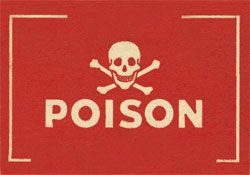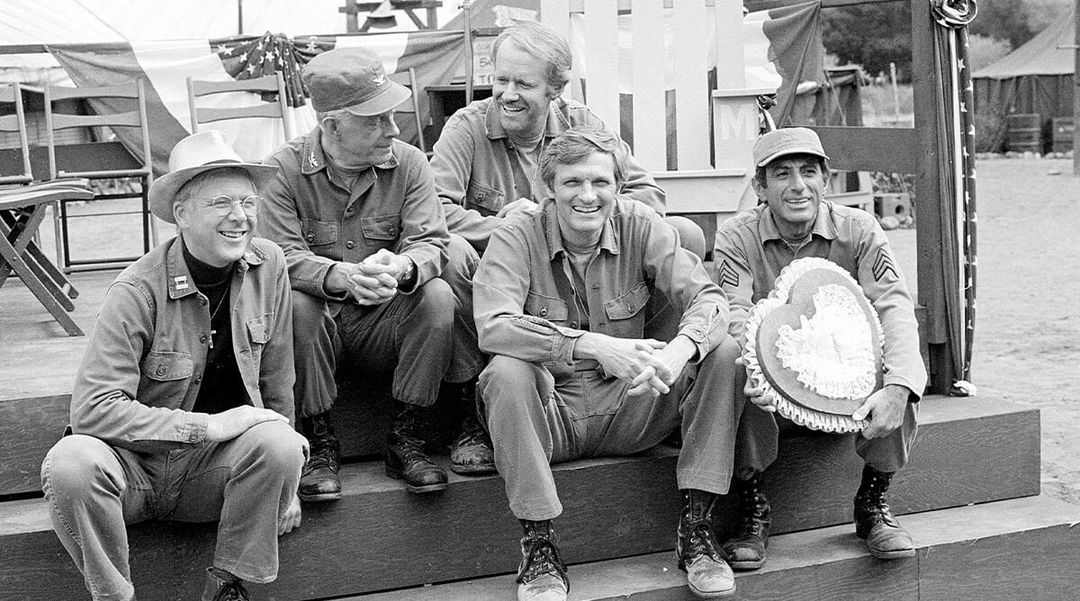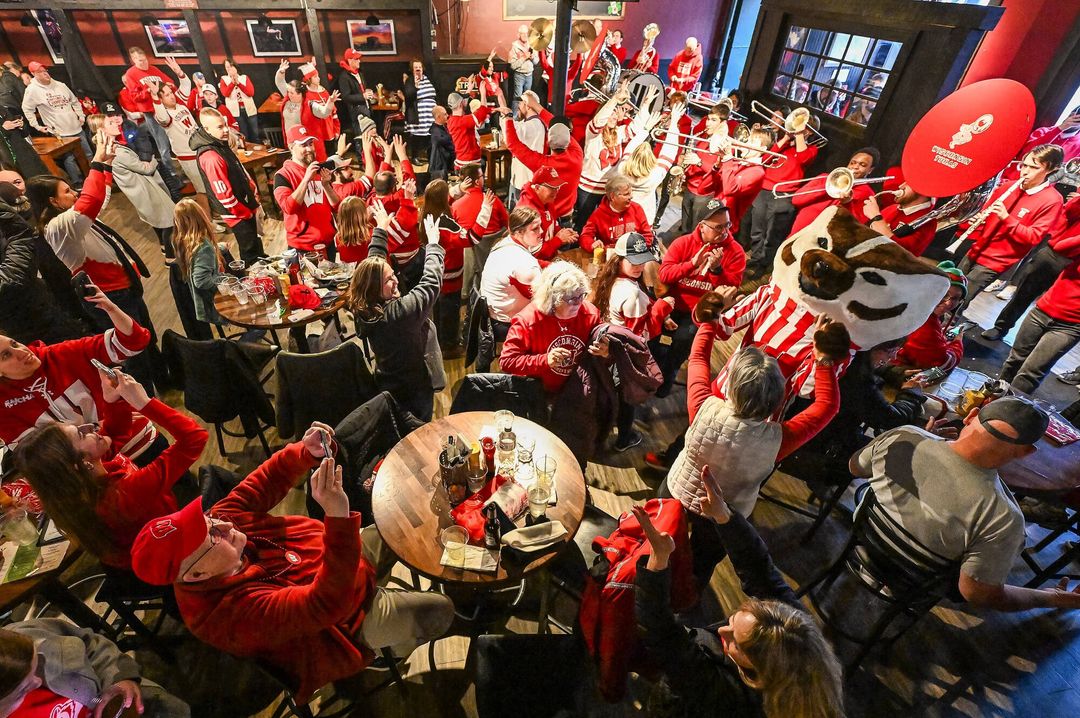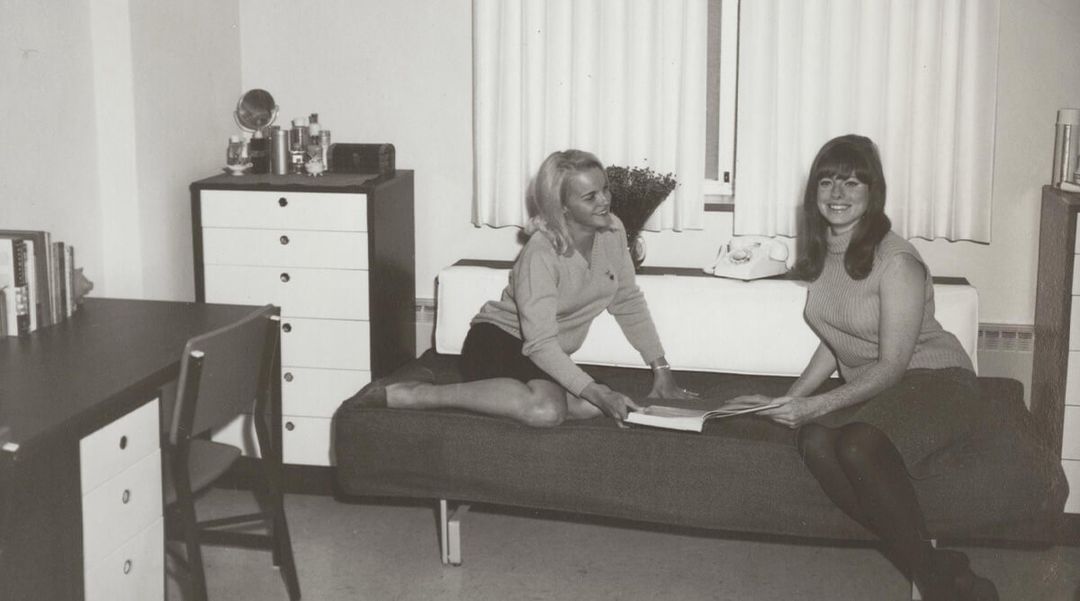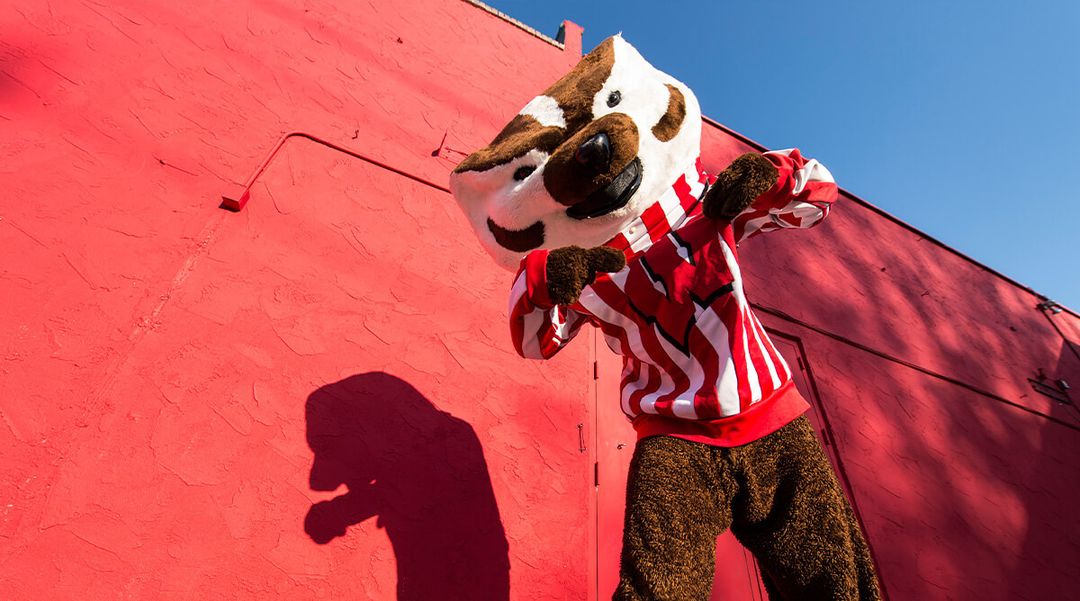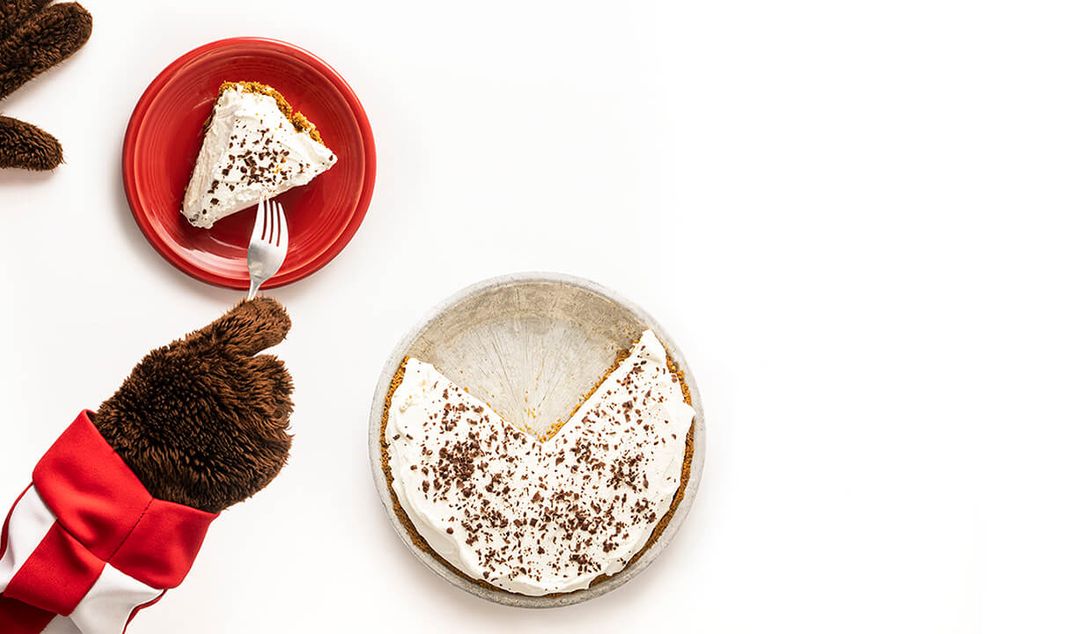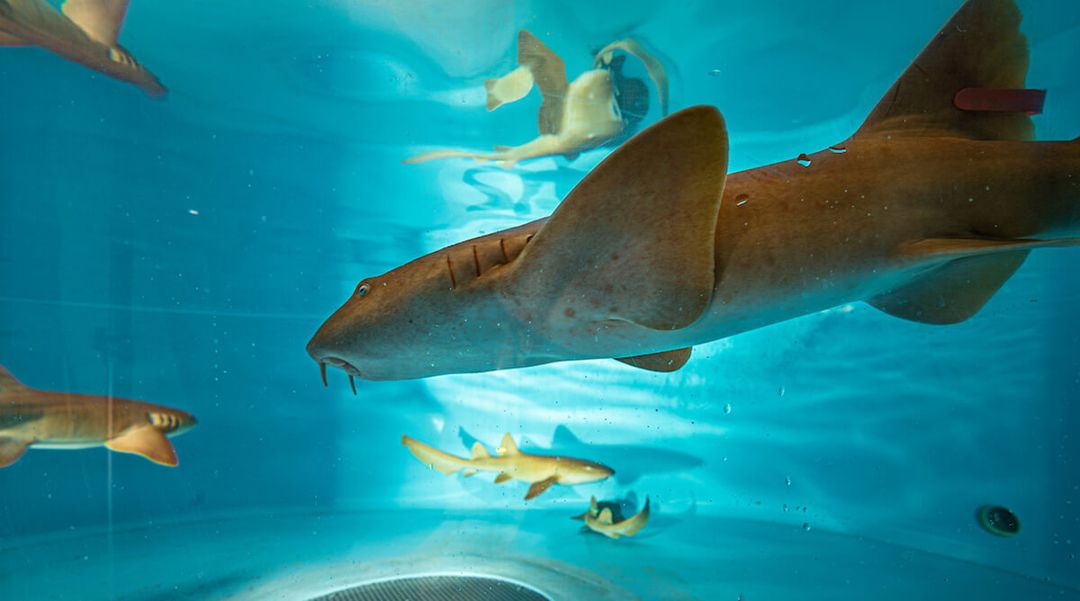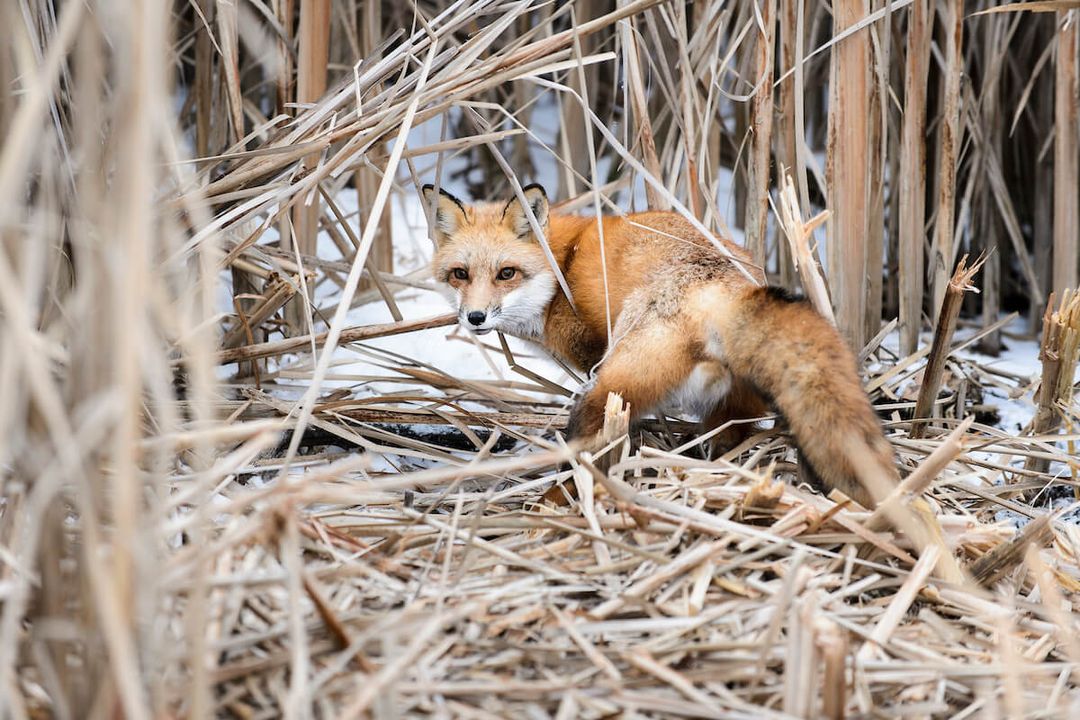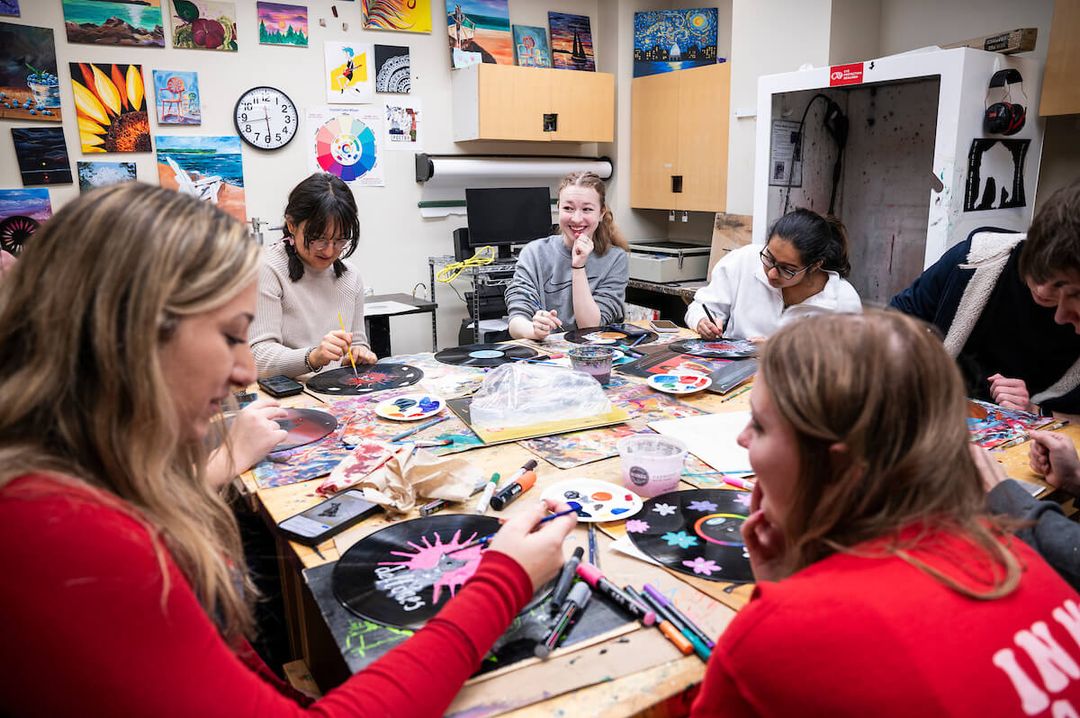Five Questions with Deborah Blum MA'82
Pulitzer Prize-winning science writer and UW-Madison Professor Deborah Blum MA’82 has turned a quest to write the definitive handbook on poisons in America into the intriguing tale of two Jazz-Era scientists who played a major role in developing the field of forensic toxicology and fostering cooperation between scientists and police.
Blum, who has been teaching in the UW School of Journalism and Mass Communication since 1997, shared her latest work, “The Poisoner’s Handbook,” with alumni in Arizona this month as the featured speaker at three Founders’ Day events. They were hosted by the Wisconsin Alumni Association chapters in Tucson, Phoenix and Sedona.
Before her visit, we asked her to tell us how she came to write about these 20th-century “CSI” pioneers and what it means to make new connections with her fellow Badgers.
What sparked your interest in early forensic science?
I started out wanting to write a book about poisons. I always feel like I’m a terribly twisted human being when I tell people that, but I’ve been interested in them for a whole bunch of reasons.
Once I talked my publisher into letting me write what I thought would be a handbook of poisons, I spent three or four months wondering how to tell the story and wondering who are the people who illustrate the ideas I have in mind about poison and murder and the fantastic nature of chemistry?
It’s an amazing story, and I feel really lucky to have found Alexander Gettler and Charles Norris [the book’s main characters] in footnotes. I had to wonder why no one ever wrote this story. These guys invented forensic medicine in this country! Much had been written about forensic science in Europe, and about British pathologists and forensic scientists. I knew someone in the United States had to have made a difference and built our own version of this science.
There were no books about them. It was a process of tracking down family members, reading ancient newspapers and magazines, including every scientific paper Gettler ever published. Once you have an idea what you want to do, it’s a mosaic process of putting together all these different pieces.
During your research for “The Poisoner’s Handbook,” what surprised you, or stuck with you?
Three things really stuck with me. First, we take for granted that forensic scientists are on the side of police investigators, and that science will help us solve crimes. But 100 years ago, police and scientists did not work together in any meaningful way. It was a revelation how new this “CSI age” that we live in really was, and why my guys were so interesting.
Second, I was surprised by the way we learned how to catch a poisoner — something people didn’t know how to do in the 19th century.
Third, since I published the book, I have been surprised by how much the same issues exist today. We don’t have serial poisoners or other horrors of that age, but we’re still fumbling, trying to figure out how to navigate this web of chemicals we exist with, in the same way we were in the 1920s. Some poisons that were a problem then, are a problem today. I’ve been fascinated by that connection with the past, and tracing the way we learn to live in a chemical world.
The theme for this year’s Founders’ Day is The Wisconsin Idea, and learning beyond the classroom. What do you hope UW alumni and friends take away from your Founders' Day chapter events in Arizona?

I hope they’ll see what interesting ideas we grow, and what we research and explore and bring to the national conversation here at Wisconsin. Being part of the conversation is one thing that interests me as a journalism professor, and I hope they’re aware of that from the university perspective.
I also hope they come away having learned something about chemistry, and poisons in the world around them, as well as a sense of this fascinating history that we are just beginning to appreciate.
As a faculty member and a UW-Madison alumna, what does it mean to you to connect with Badgers off campus like this?
I treasure it! Partly because all the best people come from Wisconsin, I always say. We graduate really smart people.
I already stay in touch with my students. But it’s a pleasure to sit down and talk with really smart people who end up making a difference in the world after graduating from a university I care very much about.
Finally, what’s next for you?
My editor asked me to write something thematically related to “The Poisoner’s Handbook,” and I’ve just started working on a book about poisonous food. I told my husband that after this, no one will ever again come to dinner at our house!
